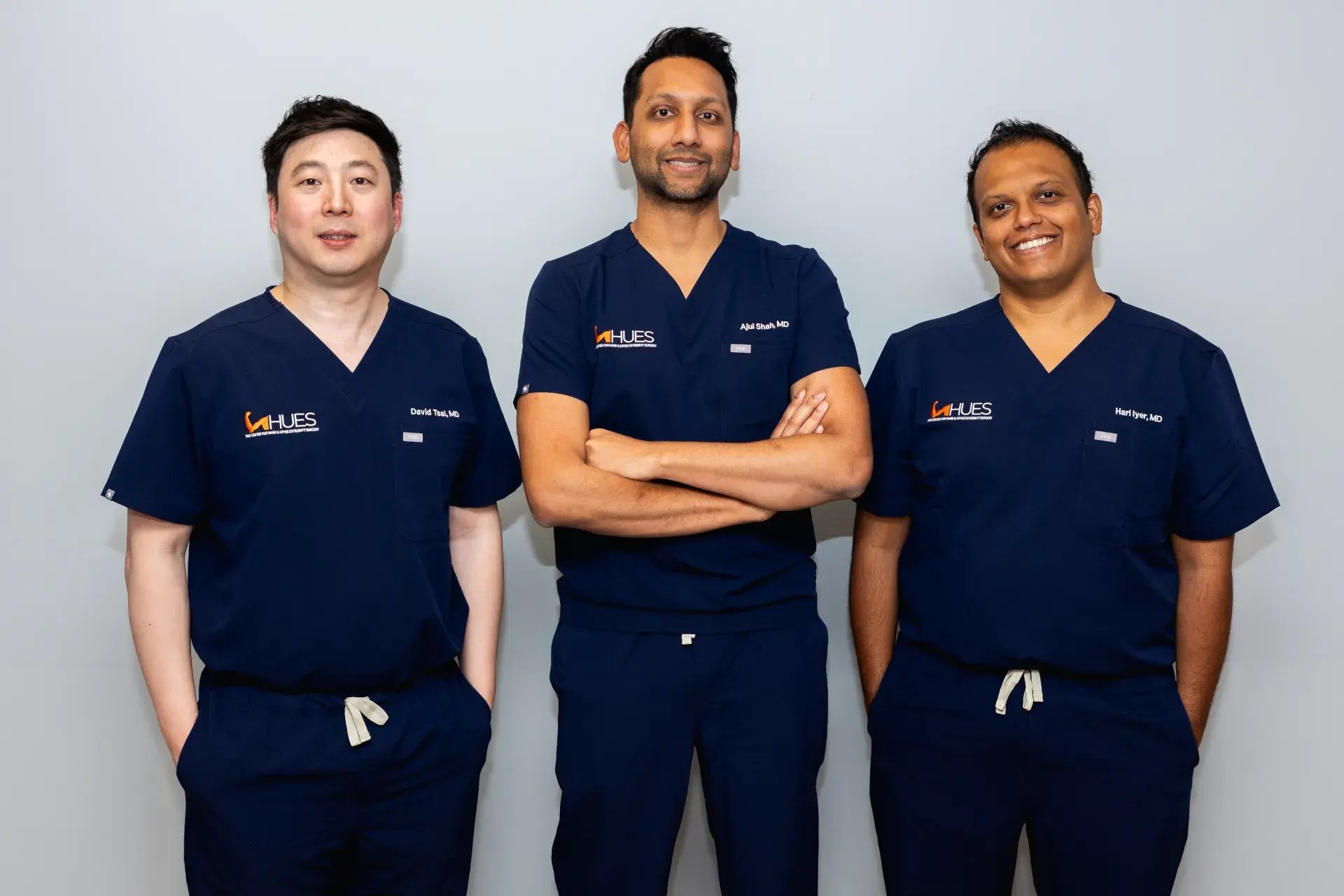Flexor tendons are crucial for hand and finger movement. They connect the muscles in the forearm to the bones in the fingers and help in bending the fingers and gripping objects. Flexor tendon injuries occur when the flexor tendons in the hand and fingers that control bending motions are cut, torn, ruptured or inflamed. Symptoms include pain, swelling, inability to bend one or more joints, and tenderness along the affected tendon. Flexor tendon injuries are relatively common and can be progressive in nature. Without proper treatment, these injuries can prevent normal finger and hand motion, which impairs dexterity and can lead to long-term loss of function. Flexor tendon repair surgery is often needed to maximize the potential for restored motion.
Flexor Tendon Injuries
Flexor Tendon Treatments
Addressing flexor tendon injuries involves a multifaceted approach aimed at restoring functionality and mobility to the affected area. The primary goal of treatment is to facilitate proper healing of the tendon, enabling the individual to regain strength and dexterity in their hand or fingers.
Non-Surgical Treatments
Physical Therapy
Targeted exercises and rehabilitation techniques to improve flexibility and strength in the hand.
Medication
Pain-relieving medications or anti-inflammatory drugs might be prescribed to manage discomfort and reduce swelling.
Surgical Treatments
Tendon Repair Surgery
This outpatient surgery realigns the torn ends and sutures the tendon together. Early motion rehabilitation, when indicated, is optimal after repair.
Tendon Transfer Surgery
This procedure involves transferring a healthy tendon to replace the damaged or ruptured flexor tendon, restoring functionality and movement in the affected area.
Tendon Graft Surgery
When primary repair fails, or if there is a gap between the tendons, a tendon graft from the forearm or foot can reconstruct the damaged tendon.
Contact Us Today
Why Patients Trust the Center for Hand & Upper Extremity Surgery
In our specialized outpatient centers, our expert orthopedic and plastic surgeons focus solely on caring for hands, wrists, and arms. We're dedicated to providing you with the utmost comfort and specialized attention. With cutting-edge diagnostics and treatments available, we ensure a private and secure environment, prioritizing your safety, well-being, and seamless care. Rest assured, we're here to guide you through every step of your journey towards healing and recovery from your flexor tendon injury.
When to Seek Medical Attention
If you're experiencing persistent pain, limited movement, swelling, or any unusual sensations in your hand, wrist, or arm, it's crucial to seek professional medical attention promptly. These symptoms could indicate a potential issue with your flexor tendons or related structures. Seeking timely care ensures an accurate diagnosis and appropriate treatment, preventing further complications and supporting your path to recovery.
Real people. Real results.
Meet Vince,
Who was able to restore the use of his hand after a severe flexor tendon injury.
Vince suffered a flexor tendon laceration to his non-dominant small finger after an accident with broken glass, requiring emergency surgery by Dr. Shah. Despite the complex injury, Vince underwent a wide-awake surgical repair by Dr. Shah and dedicated occupational therapy, allowing him to regain excellent functionality in his hand.
FAQs
In some cases, minor injuries or partial tears might respond to non-surgical treatments like splinting and physical therapy. However, complete tears often require surgical intervention for optimal recovery and function.



